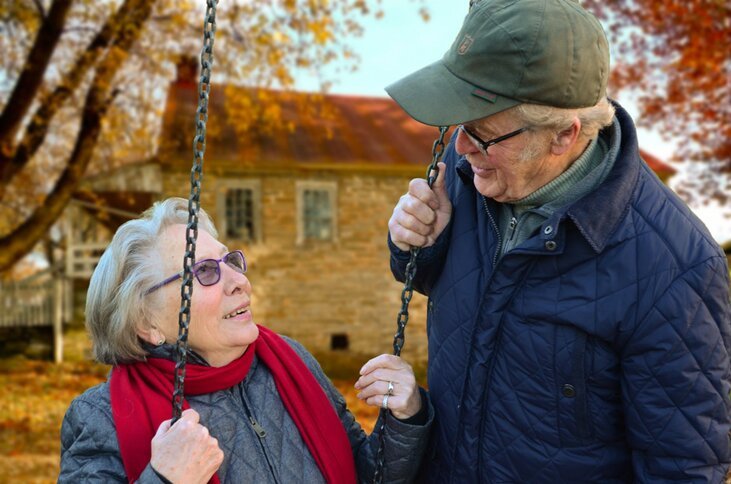Improving Quality of Life with LSVT for Parkinson's Disease
What is Parkinson’s Disease?
While you’ve likely heard of Parkinson’s disease (PD), many people don’t know exactly what the condition is or how it manifests itself. Celebrities such as Michael J Fox and Muhammad Ali have brought attention to PD, but many people still do not understand the disease or its effects on speech and voice.
Parkinson’s disease can occur when there is a loss of brain cells that produce a chemical called dopamine. It usually presents in people over the age of 60, but it can present earlier in life as well. Up to 1 million people in the U.S. have Parkinson's disease, with about 60,000 people being diagnosed each year, according to the National Institute of Neurological Disorders and Stroke.
How Does PD Affect Communication Skills?
When individuals with Parkinson’s disease experience symptoms such as breathy phonation, hoarseness, reduced loudness, imprecise articulation, and reduced prosody, this can affect how the person is understood during the conversation. Even in the early stages of PD, many complain that their voices are too soft, causing others to ask them to repeat themselves. This can be very frustrating and can cause the person with PD to withdraw from social interactions, avoid talking on the phone, leave their jobs, and even avoid communicating with their loved ones.
What Can a Person Struggling with These Symptoms Do?
Consider searching for a speech pathologist certified in the Lee Silver Voice Treatment Program (LSVT) loud method for a consultation. LSVT is the first speech treatment for PD that has been proven to significantly improve speech after one month of treatment. Exercises taught using the LSVT method are easy to learn and typically have an immediate impact on communication. Improvements have been shown to have a lasting effect for approximately two years following treatment.
Treatment focuses on improving vocal loudness and immediate carryover into daily communication, enabling patients to maintain and/or improve oral communication. The program has been shown not only to restore voice but also to improve symptoms of dysphagia (trouble swallowing) and cognition.
LSVT methods have also been used with some success in treating speech and voice problems in individuals with atypical Parkinson’s syndromes such as Shy-Drager syndrome, Progressive Supranuclear Palsy (PSP), and Multiple-System Atrophy (MSA).
How Does LSVT Work?
LSVT must be administered 4 days a week for 4 consecutive weeks in order to be effective. According to research studies on the LSVT method, 90% of patients improve vocal loudness from pre- to post-treatment [1]. Approximately 80% of patients maintain the improvements in their voice for 12-24 months post-treatment.
What if I Have PD but I Don’t Think I Am a Candidate for LSVT?
If you are not looking for treatment using LSVT, a speech-language pathologist can help individuals with Parkinson’s disease by providing swallowing assessments, swallowing therapy, and using compensatory strategies such as Augmentative and Alternative Communication (AAC). There are both high-tech and low-tech devices on the market. Your speech-language pathologist can help to find the right option for you.
How do I find a certified LSVT clinician?
We have a special interest in working with patients with Parkinson’s Disease we have certified providers of the Lee Silverman Voice Treatment (LSVT) LOUD® and eLOUD® programs.
Reference
[1] Fox, C., Ebersbach, G., Ramig, L., & Sapir, S. (2012). LSVT LOUD and LSVT BIG: Behavioral Treatment Programs for Speech and Body Movement in Parkinson's Disease. Parkinson’s Disease, 2012, 391946. LSVT LOUD and LSVT BIG
About the Author
Allison Geller is a communication coach, speech-language pathologist, and founder of Connected Speech Pathology, an international online practice providing professional communication coaching and speech therapy for children, teens, and adults. With more than two decades of experience, she has worked in medical and educational settings, published research on aphasia, and leads a team of specialists helping clients improve skills in public speaking, vocal presence, accent clarity, articulation, language, fluency, and interpersonal communication.


